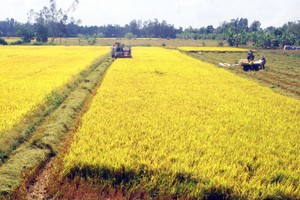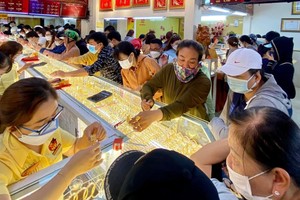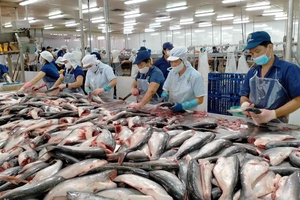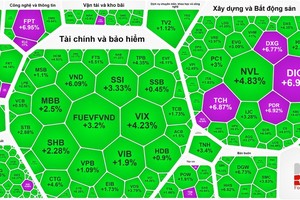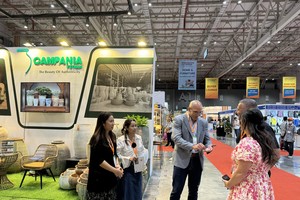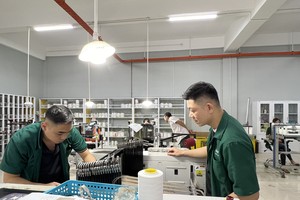In just a short time of operations, commodity trading floors in Vietnam have been facing continued difficulties with trading volume becoming less and less, with any solution still not in sight.
Earlier, departments and organizations inside and outside the country and the Ministry of Industry and Trade had eagerly taken part in developing commodity trading floors in Vietnam. As a result, the country had many trading floors established, such as Buon Ma Thuot Coffee Exchange Center, Vietnam Commodity Exchange and Sontin Commodity Exchange.
However, despite transparent transactions, steady prices, and qualified commodities, most trading floors failed to attract attention. For instance, after opening with much fun fare, Can Gio Farm Produce Trading Floor shut down quietly after a few tens of trading sessions because traders in Vietnam were unused to this trading method.
Binh Phuoc Cashew Trading Floor also experienced the same situation and had to stop operations after a few trial trading sessions as cashew companies totally depended on imported cashew and had not had cashew reserves, so they could not consign commodity at the exchange floor for matching transactions.
As for Buon Ma Thuot Coffee Exchange Center, one of the few surviving trading floors in the country, its business performance was drastically poor. From the crops of 2009-2010 to now, the amount of coffee consigned at the trading center for immediate delivery merely exceeded 1,000 tons. And as for forward transactions, brokers and buyers dealt and matched by themselves so the results were pretty low.
Earlier, when discussing developing of trading floors, firms always proposed to the Government to present measures to increase liquidity as low liquidity draws neither buyers nor sellers. In order to improve liquidity, the market must have had market makers and companies with financial liquidity coordinating on trading floors.
Accordingly, commodity trading floors will be able to operate in public-private partnership schemes, or by going public to increase financial resources and improve the development process. Moreover, the Government should have a suitable policy for trading floors to solicit local and foreign companies, and members of large trading floors in the world so as to increase liquidity.
